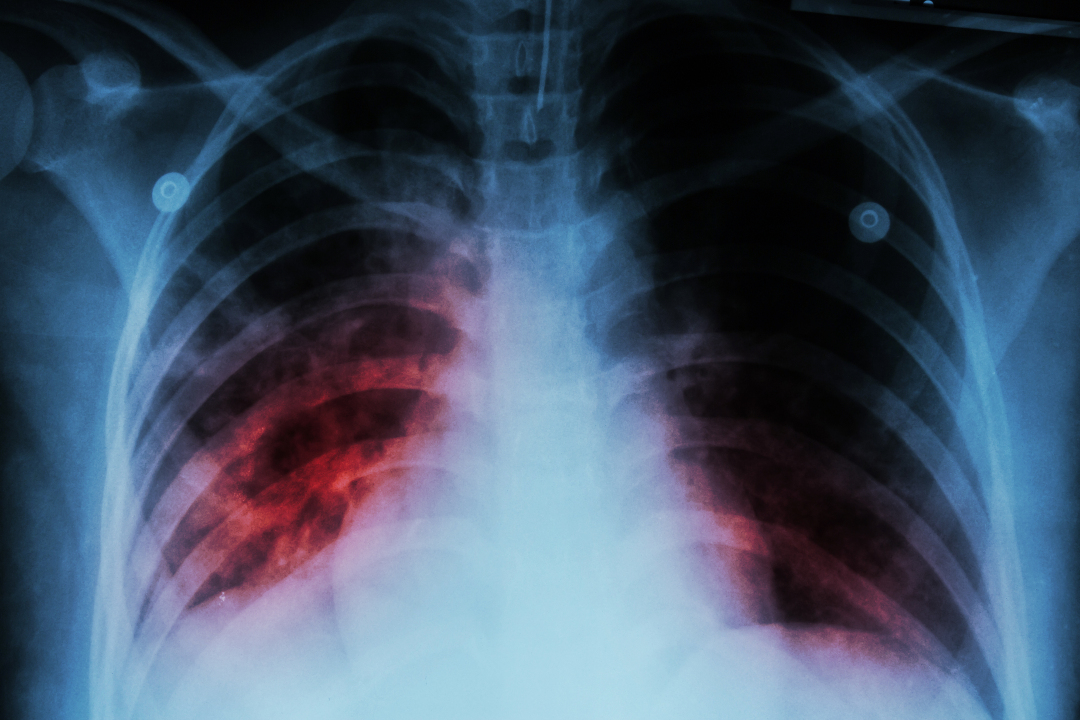
OHSU was awarded $4 million NIH biodefense contract to study tuberculosis
On Nov. 1, 2004, an Oregon Health & Science University (OHSU) research team announced that it was one of only 14 teams around the U.S. that were chosen to help the National Institute of Allergy and Infectious Diseases (NIAID) look for proteins that activate the body’s immune response to emerging infectious diseases.
NIAID’s goal was to creating a central public database of T cell and B cell – another form of immune response cell – antigens and epitopes that researchers can access when working on vaccine development. More than 2 million people die worldwide every year of TB, according to the World Health Organization.
TB is caused by a bacteria, Mycobacterium tuberculosis, that usually attacks the lungs. The disease is spread through the air when people with active TB cough. Upon breathing in TB bacteria, the bacteria can settle in the lungs and begin to grow or move through the blood to other parts of the body, such as the kidney, spine and brain.
The Large-Scale Antibody and T Cell Epitope Discovery Program is a five-year, $4 million NIAID contract. It is the largest biodefense contract OHSU has received. OHSU’s husband-and-wife physician research team, David and Deborah Lewinsohn, will lead the university’s contract. David is a pulmonologist and immunologist at OHSU and the Portland Veterans Affairs Medical Center, while Deborah is a pediatric infectious disease specialist and immunologist at OHSU and Doernbecher Children’s Hospital.
The NIAID classifies multiple-drug-resistant TB as a category C bioterrorism agent because it is highly contagious, easily released in the air and can have 50 percent to 90 percent mortality rate. Whether TB is drug resistant doesn’t matter to vaccine development, so the team will work with the less-dangerous and readily treatable form of the bacteria to find the cell markers, epitopes and antigens that tell the body when a bacteria has invaded cells and needs to be attacked.
The Lewinsohn team is using healthy people who are latently infected with TB as a model of the type of immune response they want to mimic in a vaccine. These individuals are infected with the disease, but don’t show any signs or symptoms and are not contagious. The team will specifically use these person’s CD8+ T cells. These immune response cells are designed to recognize a marker or epitope on the surface of an infected cell and activate the body’s defense system.
One reason the NIAID awarded OHSU’s team with this contract is its research strength with CD8+ cells. David Lewinsohn’s laboratory is one of the few labs that has been successful at isolating and cloning CD8+ cells from people with latent TB. These clones will be used to help the team identify the antigens and epitopes.
Tags:
Source: American Association for the Advancement of Science
Credit:
